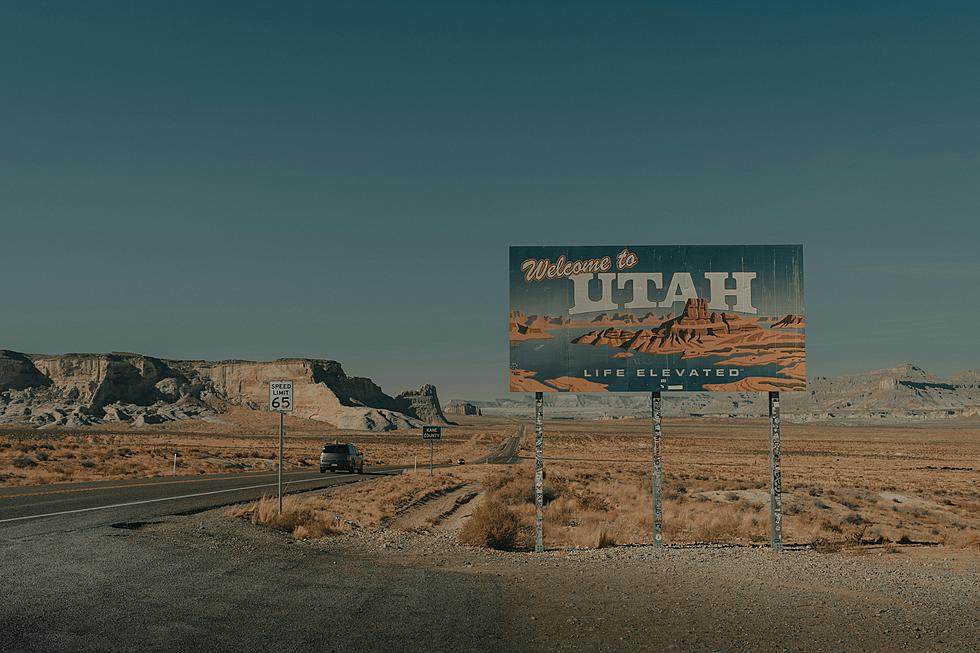
Is It Wrong To Make You Volunteer In Utah?
Studies have shown youth who volunteer in their community through civic organizations or through their church are happier and have better mental health. This is some of what they found:
Compared to kids who hadn’t participated in community service in the past year, those who had were 34% more likely to be in excellent or very good health, 66% more likely to be considered “flourishing” (a positive measure of overall well-being), and 35% less likely to have behavioral problems.
Recently, the Lt. Governor for Utah, Deidre Henderson, proposed that the state require community service work for graduation from High School. Kids would need to spend a certain number of hours volunteering each year from the 9th to 12th grades to get them familiar with helping out in the community.
On the surface, I think this could be beneficial. It would help out organizations in the community who have need of volunteers. It would also bring the benefits of doing volunteer work for the students involved.
What I worry about is the requirement to do the work. I have a feeling part of the reason volunteer work is valuable to teens is because they choose it.
This type of data also can’t prove cause and effect, only uncover associations—so it’s not possible to say for sure that volunteering leads to better mental and physical health. It could be, for example, that people in good health are more likely to have the energy or desire to volunteer.
I wonder if making it something the school requires will make it a burden rather than an uplifting experience. Also, if everyone has to do it, it is just another requirement to check off the list.
I could be wrong. My son doesn’t enjoy it when I ask him to help someone move on a Saturday, but he always feels happy with himself afterward.


